Session 6: Creating a trusted and secure research environment
Tuesday, 3rd December 2.00PM AEST | Breakout session
In today’s research landscape, funders and research infrastructure policymakers are placing increasing emphasis on the need for secure data platforms, digital tools, and storage solutions. At the same time, the scientific community demands open, trusted research environments that facilitate transparency and collaboration. The heterogeneity of scientific data products, along with the complex policies governing their dissemination and use, require varying levels of security, control, and management.
This session will explore the challenges surrounding the creation of trusted and secure research environments, with a particular focus on data. We will explore different types of data pathways within research infrastructures and address key topics such as maintaining data sovereignty and developing effective digital environments that safeguard information while promoting transparency and accessibility. Attendees will gain insights into the roles and costs associated with data-sharing and security policies, while also considering the ethical dimensions of data management.
Through case studies and expert insights, attendees will learn strategies for navigating these challenges and creating robust, open, and secure research infrastructures.
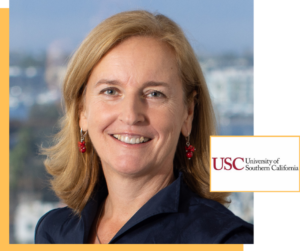
Moderator
Dr Ewa Deelman is a Research Director at the University of Southern California’s Information Sciences Institute (ISI) and leads its Science Automation Technologies Center. She is also the Principal Investigator and Director of the NSF-funded Cyberinfrastructure Center of Excellence, CI Compass. Dr. Deelman’s research led to the development of the Pegasus Workflow Management software. She has received the HPDC Achievement Award and the Euro-Par Achievement Award for her contributions to computing.
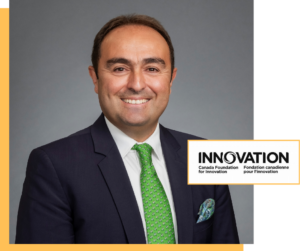
Panellist
Dr Mohamad Nasser Eddine, as Vice President of Programs and Planning for the Canada Foundation for Innovation, is responsible for managing all aspects of the CFI’s research infrastructure funding programs and providing advice for developing policies relevant to these programs. He champions CFI’s commitment to accountability and excellence through the rigorous assessment and analysis of the outcomes and impacts of CFI investments in research infrastructure.
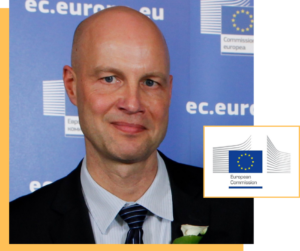
Panellist
Michael Arentoft is the Head of Unit of Open Science, in the Directorate-General Research and Innovation (R&I) at the European Commission. He was previously Deputy Head of International R&I Cooperation Strategy, Innovation Union policy officer, Acting Head of Strategy for ICT R&I, Sector Head of ICT R&I Work Programme and Planning, coordinator of ICT Essential Technologies and Infrastructures, and project officer in High Performance Computing and Networking.
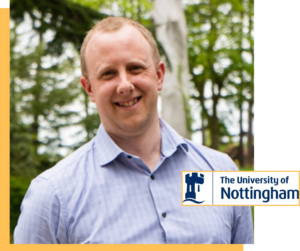
Panellist
Professor Phil Quinlan is a professor of Digital Engineering and Health Informatics at the University of Nottingham and an honorary director of Digital Health Research at Nottingham University Hospital’s NHS Trust. A career that can be summarised as investigating new disruptive technology in the area of science infrastructure. He co-leads the federated analytics programme in Health Data Research UK and has assembled a collaborative of teams across the world interested in equitable federated analytics.
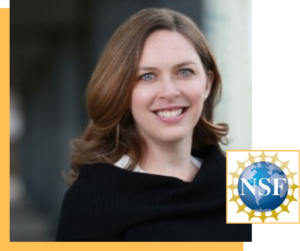
Panellist
Dr Ashley VanderLey is the Senior Advisor for Facilities in the Division for Astronomical Sciences and supports the Office of International Science and Engineering at the National Science Foundation (NSF). Dr VanderLey’s responsibilities have included special projects working with large research infrastructure, such as the Very Long Baseline Array and the Vera C. Rubin Observatory. She also done work on the impact that satellite constellations have on astronomical observations. She has worked with the Electromagnetic Spectrum Management Unit to represent the scientific interests for protection and use of the electromagnetic spectrum, both within the United States and internationally. In this role, she serves as U.S. Head of Delegation on behalf of the State Department to the Radio Astronomy Working Party (7D) of the International Telecommunication Union. She is a member of the NSF-wide ESM Coordination group and has helped lead NSF efforts to establish the cross-Directorate Spectrum Innovation Initiative (SII).
We acknowledge the Traditional Owners of the lands and waters throughout Australia, and pay respect to the Elders past, present and emerging. We recognise the importance of connection to culture, land, kinship and community to the health and wellbeing of Aboriginal & Torres Strait Islander families. We acknowledge the cultural practices and traditions still carried out today and being passed down to future generations.


